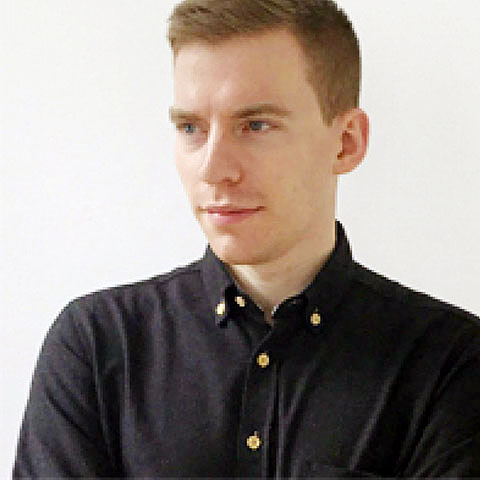KLI Colloquia are invited research talks of about an hour followed by 30 min discussion. The talks are held in English, open to the public, and offered in hybrid format.
Join via Zoom:
https://us02web.zoom.us/j/5881861923?omn=85945744831
Meeting ID: 588 186 1923
Spring-Summer 2026 KLI Colloquium Series
12 March 2026 (Thurs) 3-4:30 PM CET
What Is Biological Modality, and What Has It Got to Do With Psychology?
Carrie Figdor (University of Iowa)
26 March 2026 (Thurs) 3-4:30 PM CET
The Science of an Evolutionary Transition in Humans
Tim Waring (University of Maine)
9 April 2026 (Thurs) 3-4:30 PM CET
Hierarchies and Power in Primatology and Their Populist Appropriation
Rebekka Hufendiek (Ulm University)
16 April 2026 (Thurs) 3-4:30 PM CET
A Metaphysics for Dialectical Biology
Denis Walsh (University of Toronto)
30 April 2026 (Thurs) 3-4:30 PM CET
What's in a Trait? Reconceptualizing Neurodevelopmental Timing by Seizing Insights From Philosophy
Isabella Sarto-Jackson (KLI)
7 May 2026 (Thurs) 3-4:30 PM CET
The Evolutionary Trajectory of Human Hippocampal-Cortical Interactions
Daniel Reznik (Max Planck Society)
21 May 2026 (Thurs) 3-4:30 PM CET
Why Directionality Emerged in Multicellular Differentiation
Somya Mani (KLI)
28 May 2026 (Thurs) 3-4:30 PM CET
The Interplay of Tissue Mechanics and Gene Regulatory Networks in the Evolution of Morphogenesis
James DiFrisco (Francis Crick Institute)
11 June 2026 (Thurs) 3-4:30 PM CET
Brave Genomes: Genome Plasticity in the Face of Environmental Challenge
Silvia Bulgheresi (University of Vienna)
25 June 2026 (Thurs) 3-4:30 PM CET
Anne LeMaitre (KLI)
KLI Colloquia 2014 – 2026
Event Details

Topic description:
"Process thinking" is currently coming into the focus of research activity in philosophy of biology, as witnessed by recent workshop activity, publications, and research grants. This colloquium will provide a seminar-style introduction to process philosophy of biology designed for both philosophers and biologists. I focus on describing some of the developments in the life sciences that have motivated a "dynamic turn" of perspective, as well as on examining what difference, if any, that turn makes to biological theory. Topics to be addressed include pluralism and classification, biological essentialism, process theories of development, different ontologies of processes (particularist, causalist, functionalist), and the alleged underdetermination of ontology by science.
Biographical note:
James DiFrisco received his PhD in Philosophy from University of Leuven, Belgium, with a dissertation entitled "Process and Levels of Organization: A Dynamic Ontology for the Life Sciences." His research focuses on problems related to biological organization, functions, individuality, and levels, as well as on a variety of themes in naturalistic metaphysics including physicalism and the relations between scientific domains.


